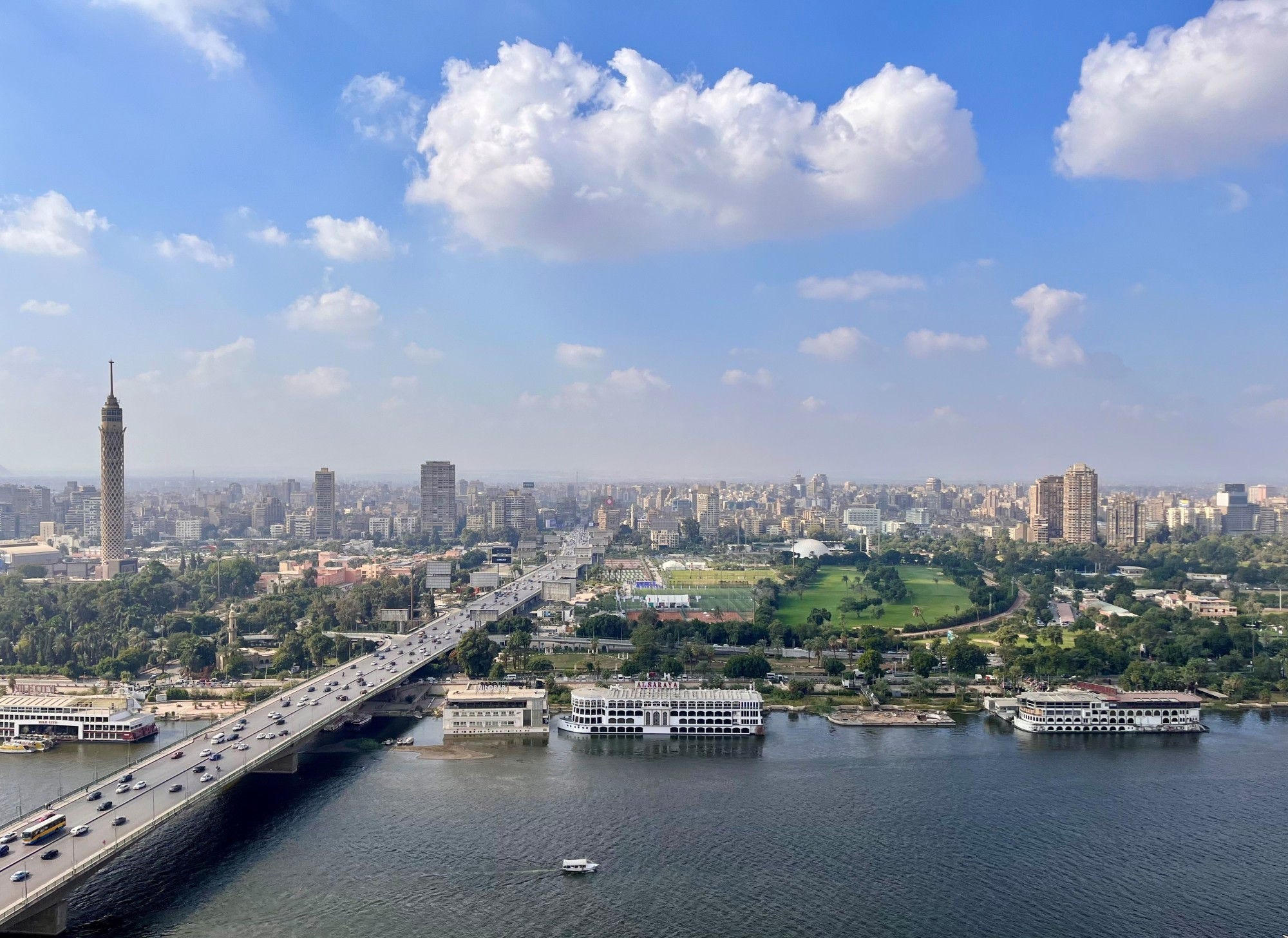This Country Programme will be a key source of information, practices and guidance for the successful design and implementation of structural reforms to address Egypt’s main economic challenges. It will also enable the country to move towards closer alignment with OECD standards and serve as guidance for the implementation of the recently revised sustainable development strategy Egypt Vision 2030. To that extent and in line with such priorities, the Country Programme will build on five pillars:
Egypt Country Programme
As North Africa’s biggest economy, one of the most engaged MENA countries in OECD committees and instruments and a historical co-chair of the MENA-OECD Initiative on Governance and Competitiveness for Development, the Egypt Country Programme is the outcome of a strong and long-standing relationship between Egypt and the OECD.
About
Growth has held up better in Egypt than in neighbouring countries and the country is stepping up economic reform efforts. Improving the business climate to attract more investments, as well as distributing the dividends of such growth, remain among the most important priorities for the economy.
Projects
- Economic Review and Egypt Country Desk
- Review of business dynamics
- In Depth Productivity Review focusing on the manufacturing sector
- SMEs and Entrepreneurship Review and capacity building
- Review and capacity building to enhance women’s participation in the economy
- Support for a national financial literacy strategy
- Support to Suez Canal Economic Zone
- Food and Agriculture Review
- Inclusion of Egypt in Trade in Value Added database and the OECD Services Trade Restrictiveness Database
Egypt has an important digital transformation agenda to improve the quality of life of Egyptian citizens and raise living standards and job opportunities. Such priorities are aligned with Egypt’s structural reform agenda and the national development plan, Vision 2030. Important reforms will focus on artificial intelligence, the digital economy, education policy and human capital development to promote innovation and better take advantage of the digital transformation.
Projects
- Boosting Egypt’s capacity to measure the digital transformation
- Comparative study of the implementation of the OECD Artificial Intelligence Principles and gap analysis
- Review of National Innovation Policies
- Review of Higher Education Policy in Egypt
Improving governance, strengthening the rule of law and the fight against corruption remains an important priority for Egypt as it aims to promote a level playing field for the private sector.
Projects
- Peer review of the governance arrangements of the National Institute for Governance and Sustainable Development and implementation support
- Capacity building and technical assistance on the implementation, monitoring and evaluation of Egypt Vision 2030
- Participation of Egypt in the Digital Government Index 2021
- Review of state owned enterprises (SOEs) procurement framework and benchmarking with government contracting in specific sectors or specific priority SOEs
- Modernising the budgetary process and institutional capacity, and gender and green budgeting
- Further aligning Egypt’s anti-corruption legal and institutional framework with international standards and business integrity
- Strengthening corruption prevention and public integrity in Egypt
- Follow-up programme “Enhancing Domestic Resource Mobilisation through a better tax and exchange of information system”
- Women’s participation in public life
Improving the availability and governance of statistics in Egypt is essential to gather comprehensive evidence, including on the state of the economy, the population, the territory, and the environment.
Projects
- OECD Review of the Egyptian National Statistical System and information systems for official statistics
- Identify best practices to support the development of administrative records and their usage as statistical resource
- OECD review of gender-based statistics
- Migration statistics
Egypt recently revised its sustainable development strategy Vision 2030 to adapt to the most recent changes in the economy and ensure better alignment with the Sustainable Development Agenda 2030 and the African Union’s Agenda 2063. Important priorities include promoting green growth, quality infrastructure investments, and territorial development.
Projects
- Strengthening Egypt’s institutional mechanisms for delivering on the Sustainable Development Goals in a coherent and integrated manner
- Green Growth Policy Review (GGPR) of Egypt
- Clean Energy Finance and Investment Mobilisation in Egypt
- Capacity building on reducing risks of agricultural pesticides
- Review and capacity building on the formalisation of small businesses
- Addressing territorial disparities and supporting placebased strategies
- Review of good practices for quality infrastructure investment and capacity building for mobilising finance for infrastructure
- Review of Egypt’s infrastructure governance and delivery frameworks
Egypt's involvement in OECD Committees and bodies
- Investment Committee
- Committee on Fiscal Affairs
- Competition Committee
- Committee on Consumer Policy
- Tourism Committee
- Public Governance Committee
- Working Party on Performance and Results
- Committee on Digital Economy Policy
- Steel Committee
- Council Working Party on Shipbuilding
- Inclusive Forum on Carbon Mitigation Approaches Project
- The Future of Investment Treaties - Track 2
- Chemical & Biotechnology Committee
- Fisheries Committee
- Committee on Financial Markets
- Joint Task Force on Institutional Investors and Long-Term Financing
- Working Group on International Investment Statistics
- Working Group on Bribery in International
- Centre for Educational Research and Innovation (CERI) Governing Board
- Business Transactions
- Committee for Agriculture
- Environment Policy Committee
- Joint Working Party on Agriculture & Trade
- Corporate Governance
- Committee for Industry, Innovation and Entrepreneurship
- Centre for Educational Research and Innovation
- Committee for Scientific and Technological Policy and all its subsidiary bodies
- Education Policy Committee
- Insurance and Private Pensions Committee
- Regulatory Policy Committee


